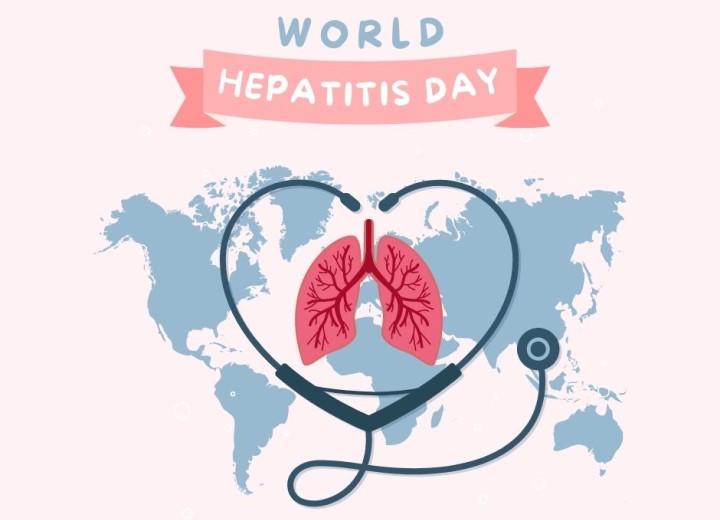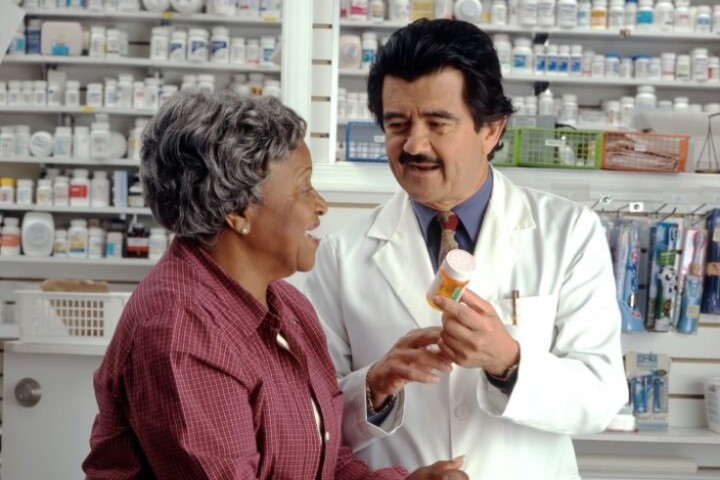Today, July 28 is the world hepatitis day, a day set to raise awareness about viral hepatitis that affects over 350 million people globally and responsible for a million death annually. The day is in commemoration of the birth of Baruch Blumberg who discovered hepatitis B virus in 1967. Out of all the viral hepatitis, hepatitis B is the most common affecting about 296 million people chronically and responsible for about 800,000 deaths globally. Its affects about 20 million Nigerians and it is the most common cause of liver disease including liver cancer.
The theme for this year world hepatitis day is I can’t wait. And truly hepatitis can’t wait. Many things about hepatitis can’t wait. Prevention of mother to child transmission of hepatitis B cannot wait. Most people that acquire hepatitis from their mothers will most likely be infected till adulthood. Pregnant women cannot wait to have access to hepatitis B screening in pregnancy. This is another reason why pregnant women should attend antenatal clinic early and regularly until delivery. There are effective interventions that can reduce drastically the transmission of the virus from the mother to the baby. Newborn babies cannot wait to have the birth dose of hepatitis B vaccine. Child to child transmission of hepatitis B virus is another important route for the perpetuation of the virus. Vaccination against hepatitis B virus available and effective in preventing the acquisition of the virus. Every child should have the first dose of hepatitis B vaccine within the first 24 hour of birth. The vaccine also works for adults who have been screened and found not to have the virus. The function of the vaccination is to prevent one from getting infected with the virus. People can’t wait to get screen for hepatitis B and C. Majority of people with hepatitis don’t even know that they have hepatitis. This is because hepatitis is often silent until it has damaged the liver severely and treatment at this time is often too late. Therefore, it is advisable for everyone especially those in endemic regions like sub-Sahara African Western pacific region to go for screening.
Those that are positive for hepatitis B infection cannot wait to be linked to treatment facility where they will be evaluated for the need for drug treatment. Not everyone that has hepatitis B need drug treatment. Evaluation at the treatment facilities is the only way of knowing whether one will need drug treatment. There are available and affordable drugs that are effective against hepatitis B virus. These drugs, when taken consistently reduce drastically the changes of liver damage and or liver cancer that are largely responsible for the illness and deaths associated with the virus.
People can’t wait to stop behavior that promote the spread of hepatitis. These include indiscriminate use of sharps as in the use of unsterilized objects for circumcision, tattoo marking, incisions and sharing of clippers and manicure equipment. Others include getting blood that is not properly screened. Excessive alcohol consumption and smoking also worsen the effect of hepatitis B on the liver. All these cannot wait to be stopped.
World Health Organization has declared hepatitis as a public health emergency and is committed to eliminating it by 2030. Hepatitis cannot wait to have the much-needed commitment of government of different countries especially those of endemic regions to provide the needed resources and environment that will ensure access to testing, evaluation and treatment that will lead to final elimination of hepatitis as a public health treat.
Dr Kolawole Oluseyi Akande is a consultant Hepatologist/ Gastroenterologist at the University College Hospital, Ibadan and a Senior Lecturer in the college of Medicine, University of Ibadan.




